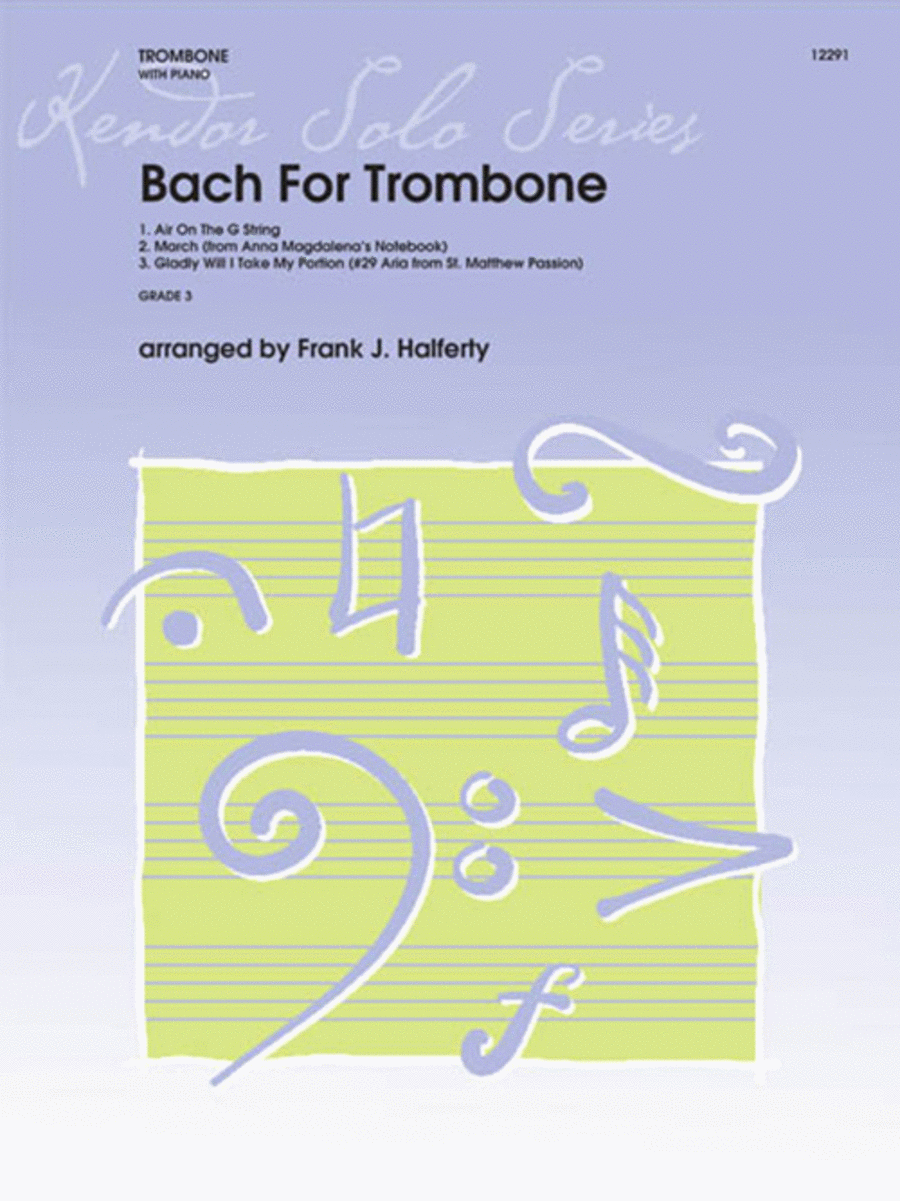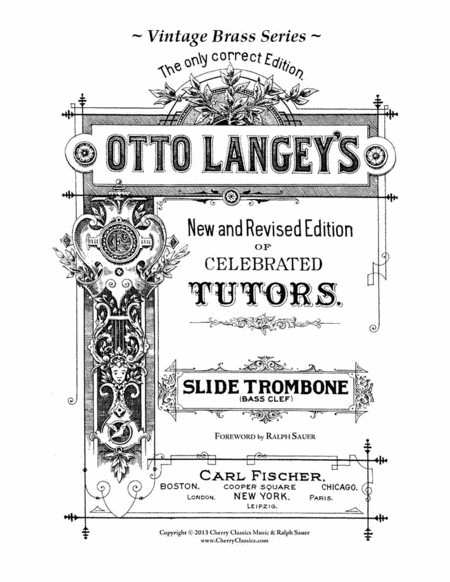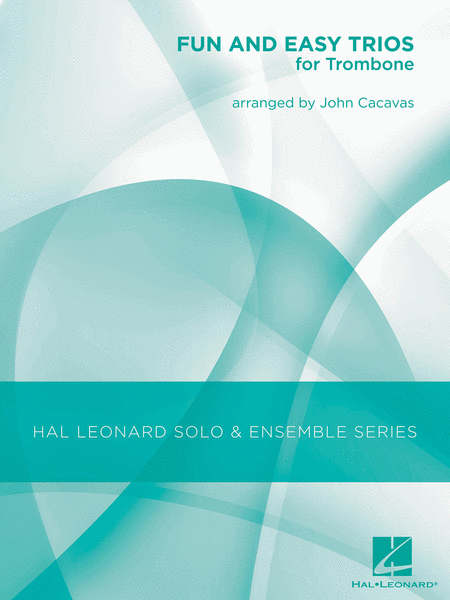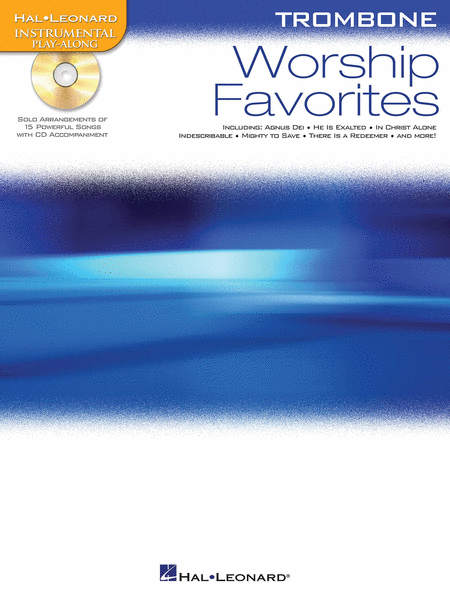Anna Bon (1740 - 1767)
 Italie
Italie
Anna Bon (circa 1739-?) was an Italian composer and performer. Her parents were both involved in music and traveled internationally; her father was the Bolognese artist Girolamo Bon, a librettist and scenographer, and her mother was the singer Rosa R ... (Read all)
Source : Wikipedia
 Italie
ItalieAnna Bon (circa 1739-?) was an Italian composer and performer. Her parents were both involved in music and traveled internationally; her father was the Bolognese artist Girolamo Bon, a librettist and scenographer, and her mother was the singer Rosa R ... (Read all)
Source : Wikipedia
Search
| ||||||||||||||||||||||||||||||
© 2000 - 2024
Home - New releases - Composers
Legal notice - Full version











